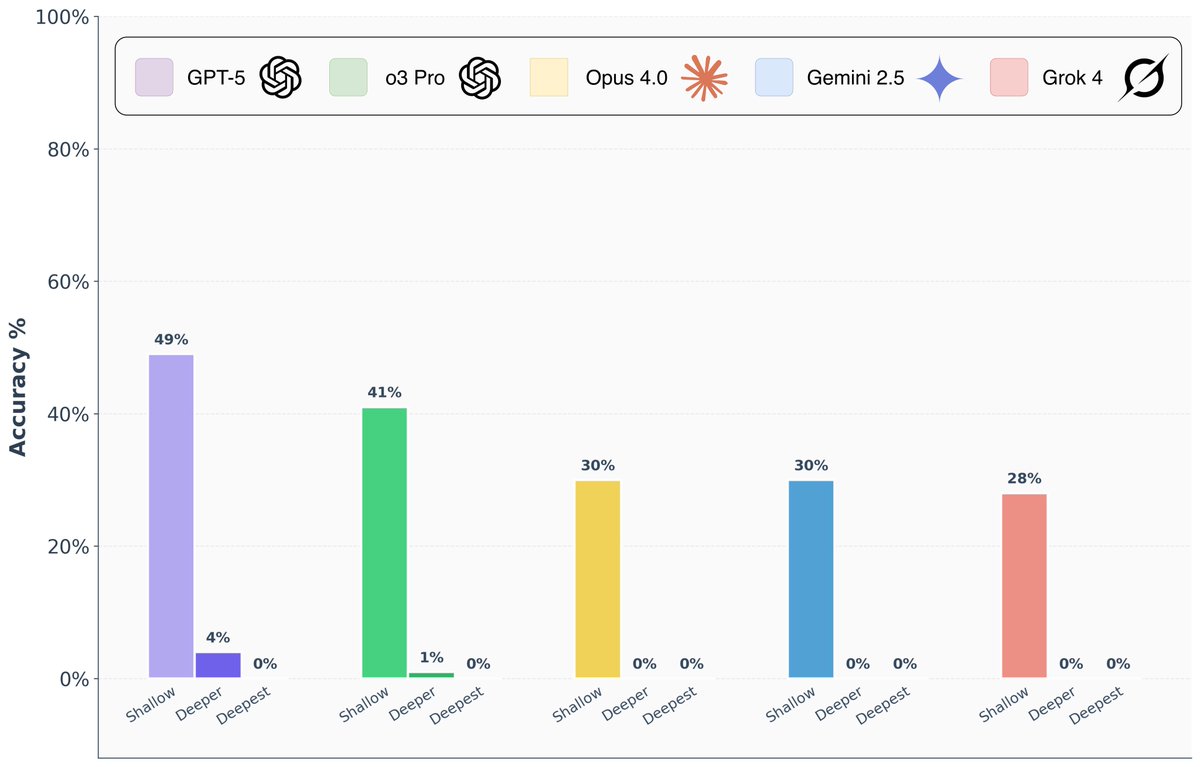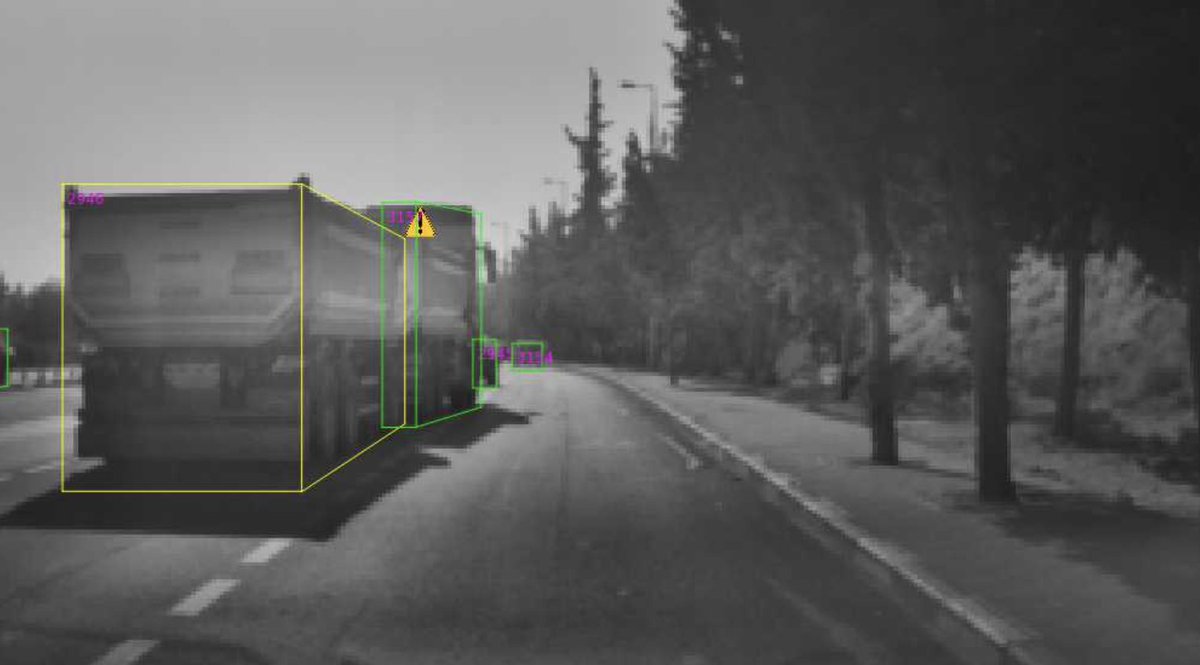
Computer Science @HebrewU; CTO @Mobileye #selfdrivingcars #ai #machinelearning Opinions are my own.
How to get URL link on X (Twitter) App


 2/
2/
https://twitter.com/ducha_aiki/status/1587366668845588480
 It is sometimes difficult to know if we see a truck and a trailer, or we see a long truck (that is, whether we see one object or two). Let's see how to model the problem of predicting the position of the rear-side of a vehicle. 2/n
It is sometimes difficult to know if we see a truck and a trailer, or we see a long truck (that is, whether we see one object or two). Let's see how to model the problem of predicting the position of the rear-side of a vehicle. 2/n